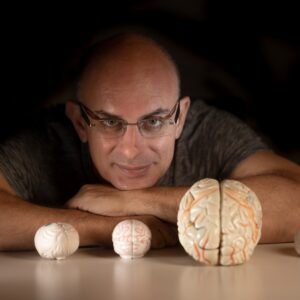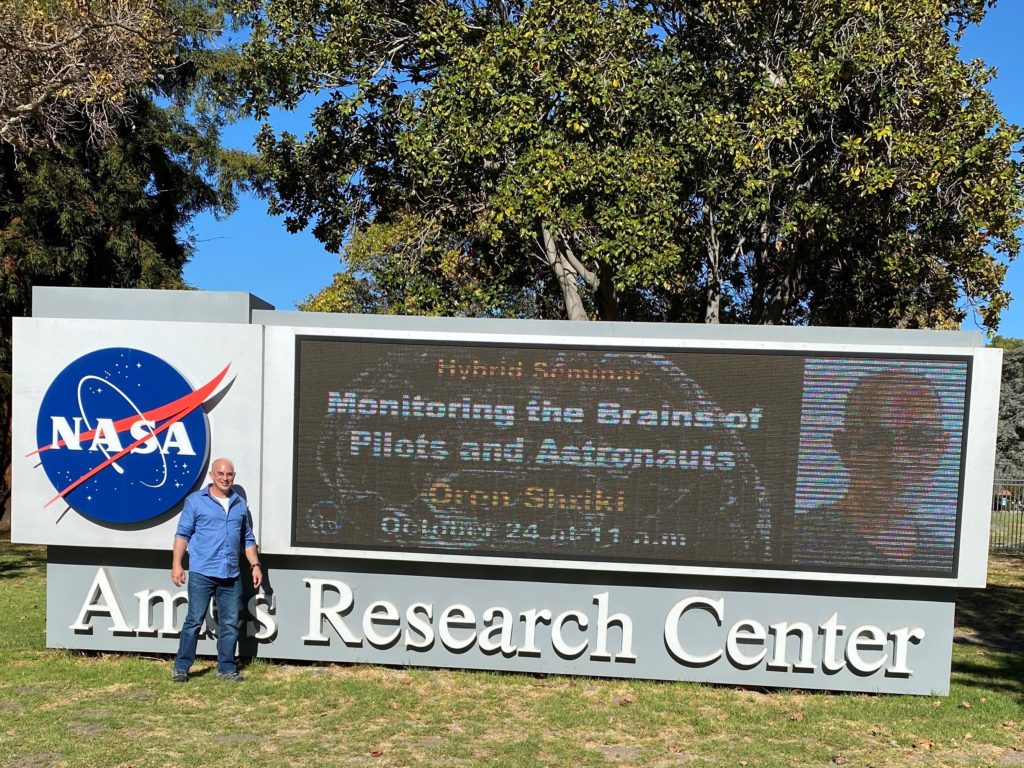
BGU Led NeuroHelp Helping Seizure Suffers Predict Episodes
BGU Led NeuroHelp Helping Seizure Suffers Predict Episodes
March 11, 2024

NeuroHelp founder and professor in the Department of Cognitive and Brain Sciences at Ben-Gurion University of the Negev, Dr. Oren Shriki
NoCamels — Be’er Sheva-headquartered NeuroHelp was founded three years ago, when its CTO Dr. Oren Shriki, a professor in the Department of Cognitive and Brain Sciences at Ben-Gurion University of the Negev, partnered with CEO Nadav Karni to figure out a way to potentially detect even the smallest seizure in patients.
NeuroHelp has developed a way to predict epileptic seizures an hour before they happen, helping sufferers to stop any symptoms by swiftly taking medication.
Epilepsy is a chronic neurological disorder causing frequent seizures that temporarily disrupt brain function. There are many different types of seizures, each one with a range of symptoms, including uncontrollable jerking (commonly known as a fit) and loss of awareness of one’s immediate surroundings.
Neurohelp created AI-led software that could help detect seizures using electroencephalography (EEG) tests. The platform currently uses an EEG scanner that can record and monitor brian activity at night via a mobile app, but is working on a “more compact” device that can be worn during the day. Every few seconds, the NeuroHelp app gets a rating from the ongoing EEG test that tells the AI how close to passing the transition point a patient is. This shows a person if a seizure could soon occur.
Once a seizure is predicted, Shriki first recommends not to do any kind of “risky” activities, such as swimming or attending a public event. The second thing he recommends is to take emergency medication meant to stop seizures.
“The assumption is that if you predict a seizure in advance, even ten to five minutes before, it’s enough to take this kind of medication,” explained Dr. Shriki, “We believe that if you take [the medication] even within a timeframe of one hour or 30 minutes before seizure, it will still work.”
“We believe we can change the world,” he says. “There is a long way to go, but we’re working on it.”



